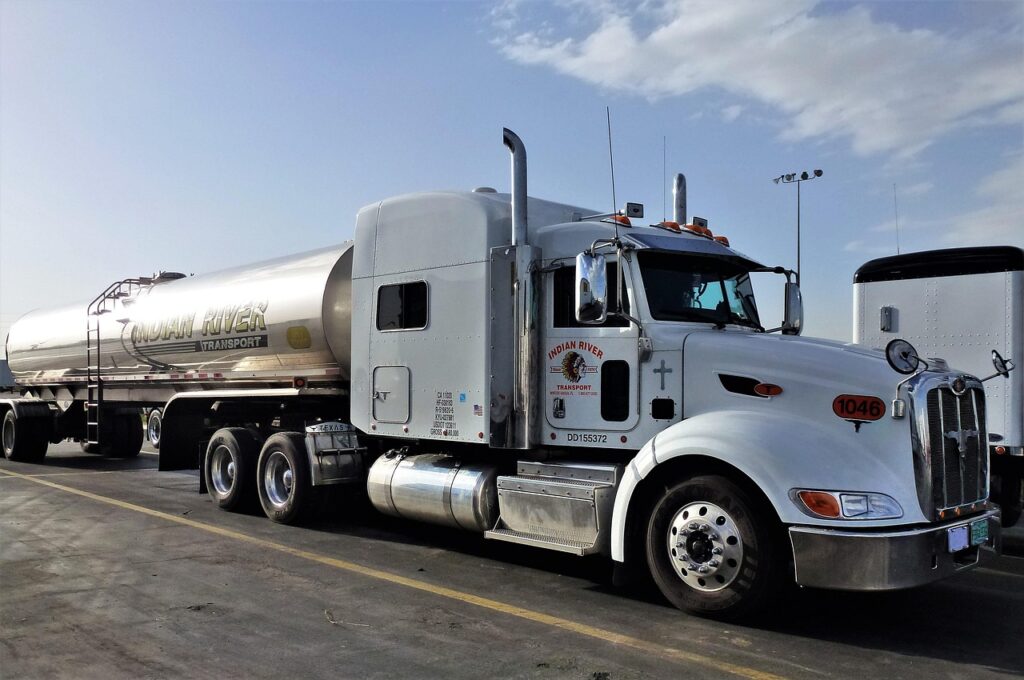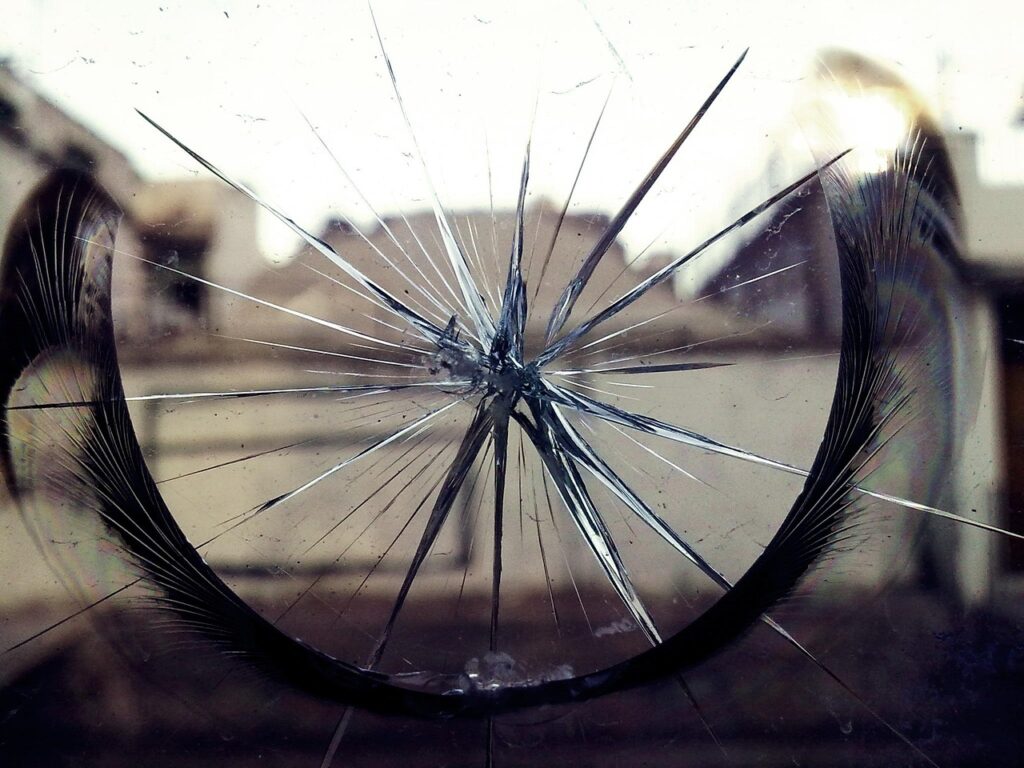Now Reading: Important Evidence You Need in DWI Car Accident Cases
-
01
Important Evidence You Need in DWI Car Accident Cases

Important Evidence You Need in DWI Car Accident Cases
Driving under the influence (DWI) of drugs or alcohol is a serious crime, and the consequences of a DWI car accident can be devastating. In order to build a strong case and protect your rights, it is important to gather all the evidence you can in the aftermath of a DWI accident.
The following is a guide to the most important types of evidence you need in a DWI car accident case.
Eyewitness Testimonies
Eyewitness testimonies can be powerful evidence in a DWI car accident case. Eyewitnesses who saw the accident occur can provide valuable information about the events leading up to the accident, the actions of the driver, and any other factors that may have contributed to the crash.
Eyewitnesses can also provide valuable insight into the behavior and demeanor of the driver, which can help to establish whether or not they were under the influence of drugs or alcohol at the time of the accident.
It is important to note that eyewitness testimony can be subject to error, so it is crucial to gather as many eyewitness accounts as possible. Additionally, it is important to get the contact information of each witness so that they can be contacted later if necessary.
Police Reports and Traffic Citations
Police reports and traffic citations can provide crucial evidence in a DWI car accident case. Police reports will often include information about the events leading up to the accident, the actions of the driver, and any other factors that may have contributed to the crash.
Additionally, police reports may contain information about the driver’s behavior and demeanor, which can be used to establish whether or not they were under the influence of drugs or alcohol at the time of the accident.
Traffic citations can also provide valuable evidence in a DWI car accident case. These citations can include information about the other driver’s actions, such as speeding, reckless driving, or failure to obey traffic signals, that may have contributed to the accident.
It is important to obtain a copy of the police report and any traffic citations as soon as possible after the accident, as these documents can be difficult to obtain later on.
Breath, Blood, and Urine Tests
Breath, blood, and urine tests are important pieces of evidence in a DWI car accident case. These tests can provide scientific evidence of a driver’s blood alcohol content (BAC) at the time of the accident, which can be used to establish whether or not they were under the influence of alcohol.
Breath tests are the most commonly used type of test in DWI cases and are usually performed using a portable breathalyzer machine. Blood tests can provide more accurate information about a driver’s BAC than a breath test. Urine tests are less commonly used in DWI cases but can also provide information about a driver’s BAC and drug use.
It is important to note that these tests must be performed in accordance with certain legal requirements, such as being performed within a certain time frame after the accident and must be properly administered and analyzed in order to be admissible in court.
Video Footage
Video footage of the accident or the events leading up to the accident can be powerful evidence in a DWI car accident case. This can include footage from dashboard cameras, security cameras, or eyewitnesses’ smartphones.
Video footage can provide valuable information about the events leading up to the accident, the actions of the driver, and any other factors that may have contributed to the crash.
It is important to act quickly to obtain any available video footage of the accident. This may involve contacting the owners of nearby businesses or residences to see if they have any relevant footage. Additionally, it may be necessary to make a request for footage under the Freedom of Information Act (FOIA).
Expert Testimony
Expert testimony can be valuable in a DWI car accident case, as experts can provide valuable insight into complex technical or scientific issues related to the accident.
For example, an accident reconstruction expert can analyze the physical evidence at the accident scene and provide an expert opinion on how the accident occurred.
The Importance of Gathering Evidence
Gathering evidence in the aftermath of a DWI car accident is crucial in order to build a strong case and protect your rights. Evidence can help to establish the facts of the case and provide a clear picture of the events leading up to the accident.
If you have been involved in a DWI car accident, it is important to seek the assistance of an experienced RB Isenberg | DWI car accident lawyer who can help you gather the evidence you need and fight for your rights.

How does one combine a passion for journalism with a strong sense of justice? For Crystal Davis, the choice was simple: legal journalism. Born and raised in a family of attorneys but wanting to approach the law from an investigative angle, Crystal decided that people would not hear her voice in the court, but online, in magazines, journals, and other platforms. When she is not studying active lawsuits closely to report on them, she writes public-friendly articles detangling the complicated threads representing the American legal system










